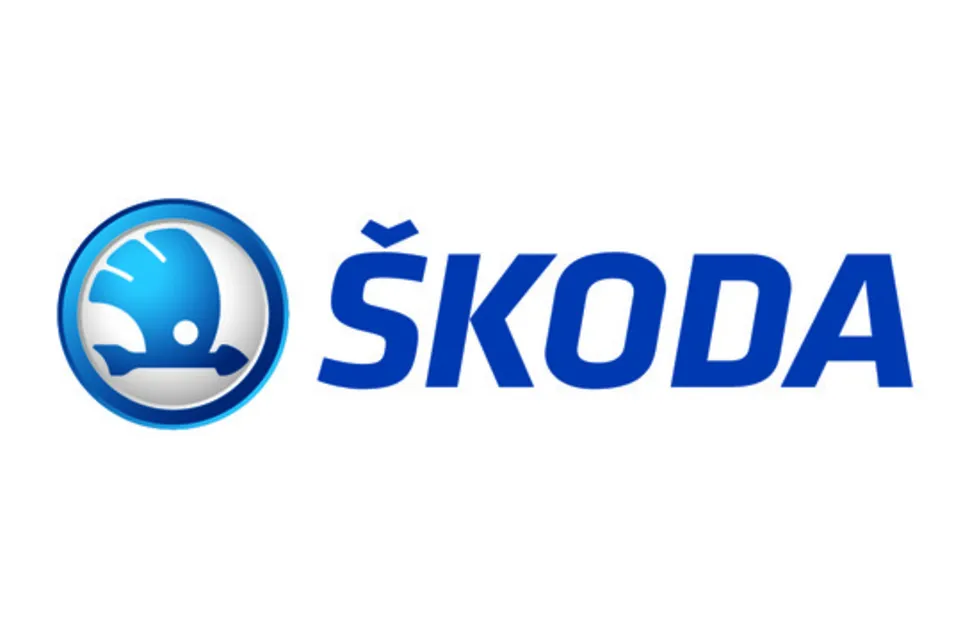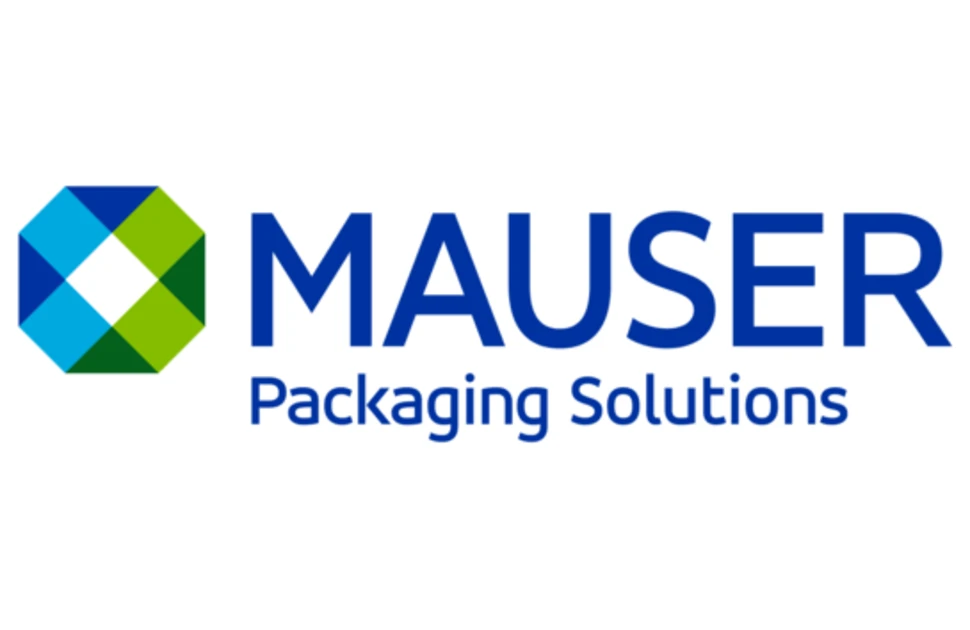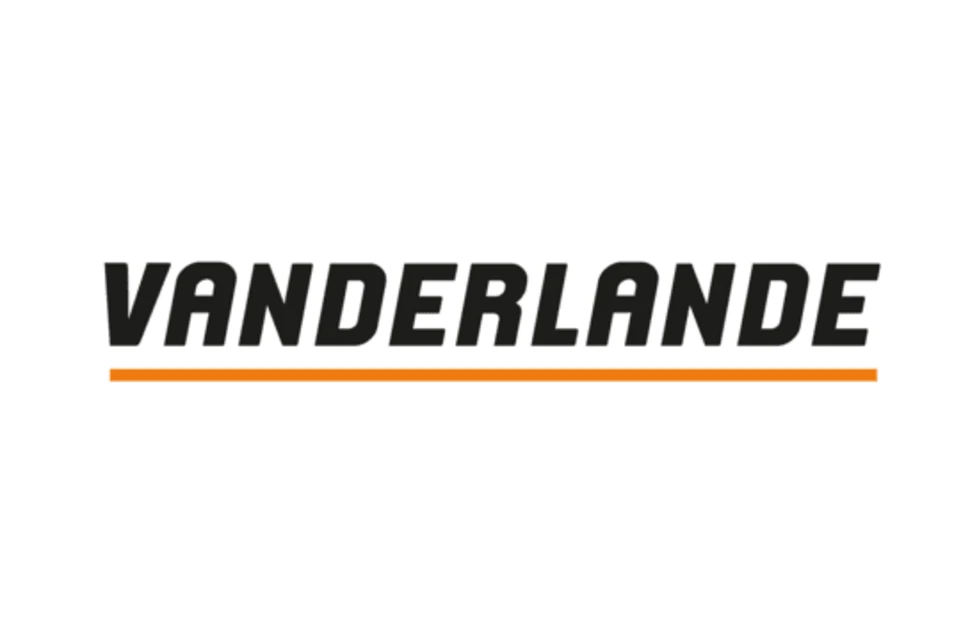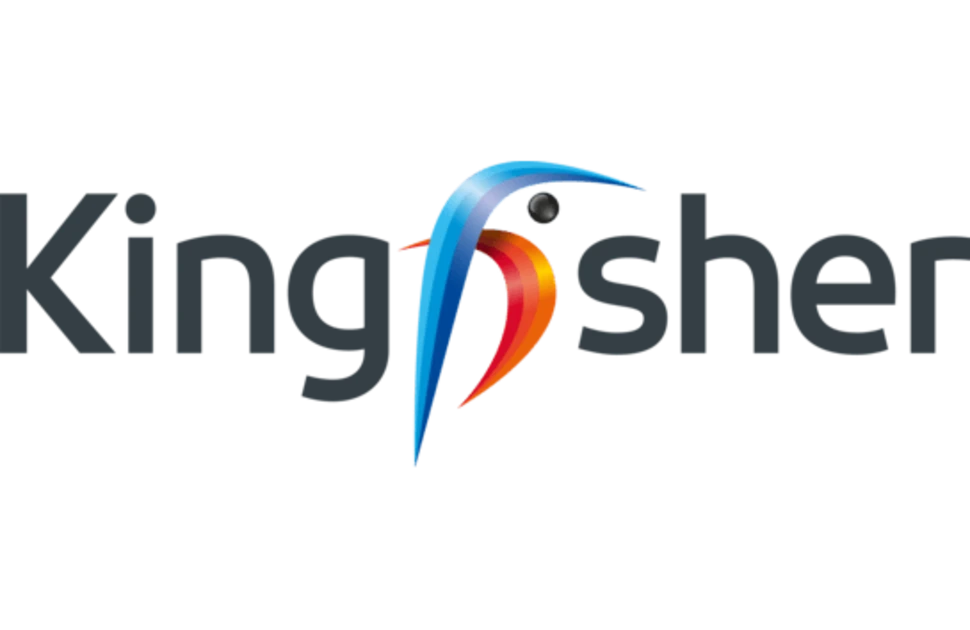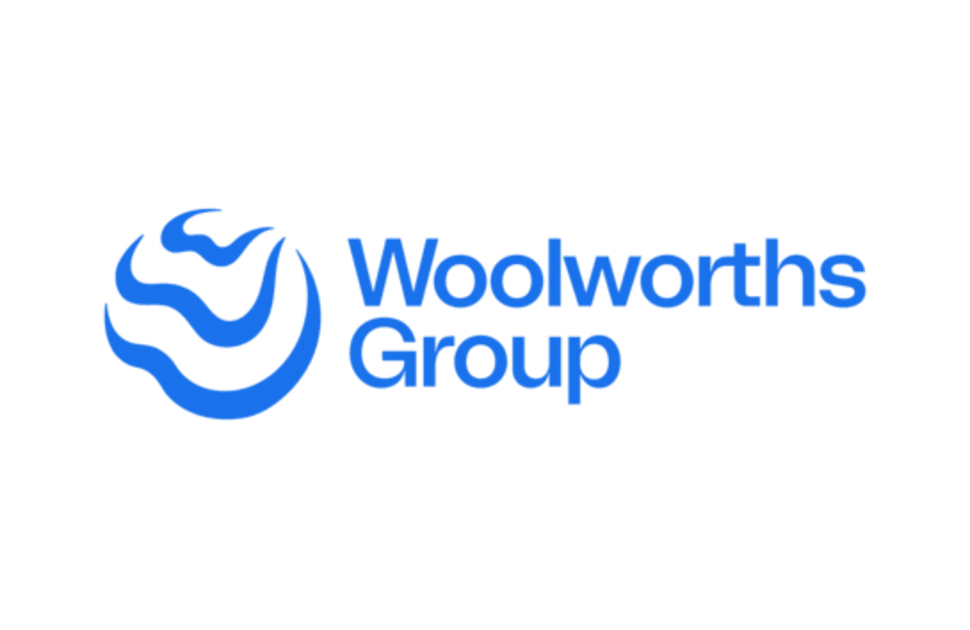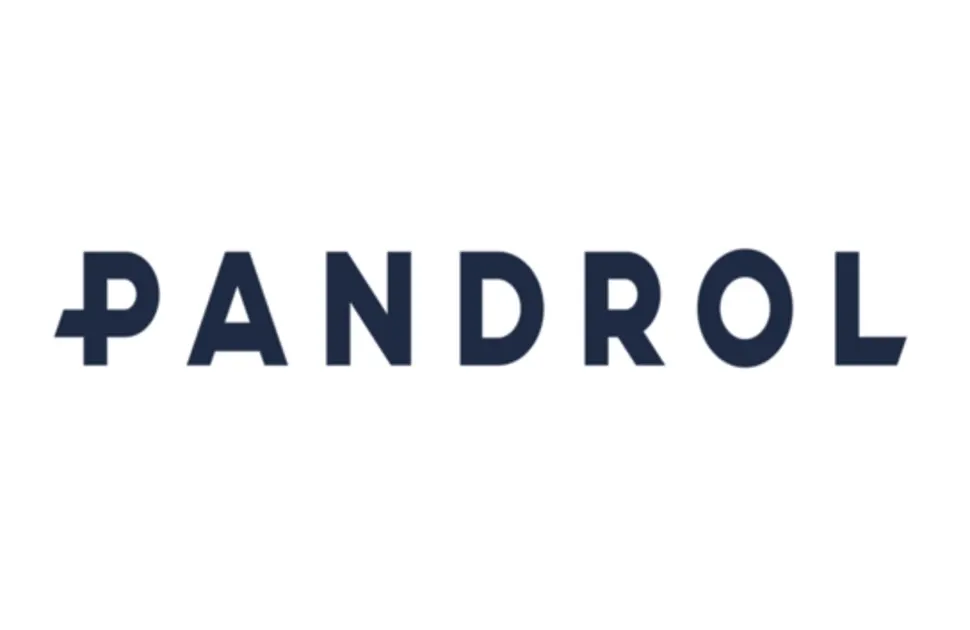Increased finance costs delay API line pipe projects
MEPS respondents remain optimistic about an improvement in the API line pipe sector in 2025, despite a disappointing year with lower-than-expected sales volumes.
While the medium-term outlook remains encouraging, the anticipated boost in activity – originally expected for early 2025 – is being pushed further into the year. The sector faces multiple challenges, including strict environmental guidelines, supply chain issues and increased financing costs driven by elevated interest rates. As a result, some API line pipe projects have been postponed or cancelled. Additionally, global uncertainties and rising costs have slowed the transition to hydrogen, with several European projects cancelled in recent months.
Middle East conflict
Geopolitical tensions, particularly concerns over the escalating conflict in the Middle East, are supporting global oil prices, though supply has not yet been disrupted. Weaker demand from China is likely to limit any upward price movement. Despite these challenges, the current price of WTI crude oil supports the continued investment in new oil and gas projects. MEPS research partners remain largely optimistic about future demand, with numerous line pipe projects expected to proceed before 2030, particularly in the United States, Middle East, Europe and Africa.
Demand for API coils and plates has been lower than anticipated so far this year, and a rebound is unlikely before December. European plate mills, in particular, faced much lower booking volumes than they anticipated due to project delays. EU plate producers still have production capacity available for this year but remain hopeful of improved bookings next year.
Depressed plate prices
European X60/X65 hot rolled plate selling values fell during the July to September period due to weak demand. Buyers said that they were offered lower prices for immediate production. Many believe that prices are reaching the bottom of the current cycle and will remain stable in the fourth quarter. Purchasing managers can secure similarly priced material from South Korean suppliers but prefer to buy locally due to shorter lead times.
In Asia, prices for API hot rolled plate decreased, quarter-on-quarter. Orders for shipbuilding plate remain depressed, compared with last year, but continue to consume much of the South Korean and Japanese mill capacity. Plate-producing steelmakers in the region are still offering deliveries of API X60/X65 hot rolled plate in the fourth quarter.
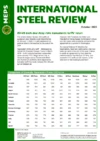
Source:
International Steel Review
The MEPS International Steel Review is an essential monthly publication, offering professional analysis and insight into carbon steel prices around the world.
Go to productRequest a free publication
